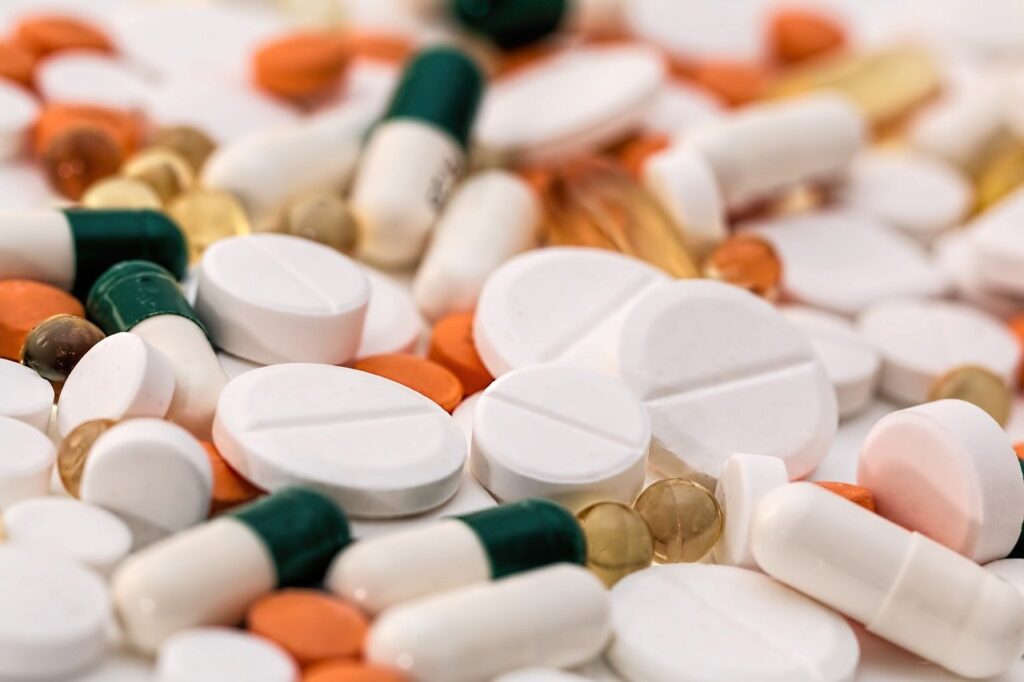Patients are nervous about asking me when they can drink alcohol after surgery. Alcohol has many effects on your surgery, including scarring, infection risk, and heart problems. When alcohol after surgery is safe depends on many factors.
Alcohol can make your recovery longer, and more dangerous, after surgery. Learn when it's safe to drink again.
First, why is alcohol so dangerous around surgery?
Alcohol effects the entire human body, including:
See my article on alcohol before surgery to learn about when to stop drinking before surgery. Also check out my article on marijuana before surgery (there's lots of cross use).
Dangers of alcohol after surgery depend on your type of surgery
Minor surgeries affect the body very differently than major surgeries. For example, alcohol use after surgery with minimal sedation (like a dermatology surgery) is typically safer. Here's why:
Minor surgery:
- Does not require general anesthesia. You're never hospitalized.
- Short surgery, such as less than 30 minutes total time.
- Have small surgical incisions (minimal scar risks). Think of a small biopsy.
- Do not need opioid pain medications (taking opioid pain medications with alcohol is dangerous!).
Always ask your doctor or surgeon when it is safe to drink alcohol after surgery. In general, you can drink alcohol the following day after minor surgery. In small operations, alcohol does not have a significant impact on your recovery.

Why alcohol is dangerous after larger surgeries
Larger surgeries involve anesthesia, larger surgical incisions, and pain medication. Alcohol has serious interactions with these surgeries. Even though ethanol (alcohol) was used in ancient times for anesthesia, it was very dangerous!
(1) The lethal combination
My main concern for patients is the lethal combination:
- Pain medications (oxycodone, morphine, etc.),
- Alcohol,
- With or without anxiety medications (xanax, ativan, temazepam).
Famous celebrities have died from similar drug cocktails. I never want to see this in a patient after surgery.
(2) Bleeding risk
Alcohol can predispose to easy bleeding after surgery. This can increase the risk of surgical bleeding, a serious complication. No one wants to have a second operation to fix preventable bleeding complications.
(3) Infection risk
Alcohol can weaken the immune system. This can be harmful after surgery because your body needs the immune system to fight infection in your fresh surgical wounds. Alcohol's effects on your lungs can also predispose you to pneumonia after surgery. Unfortunately, general anesthesia also predisposes your lungs to infections like pneumonia. This is like a double hit to your lungs.
(4) Wound healing and scars
Alcohol can disrupt you body's ability to heal wounds. Poor wound healing can lead to unsightly scars. This is all the more important for scars in visible places. Think plastic or cosmetic surgery, or abdominal surgery. Alcohol may also worsen swelling after surgery.
When to resume alcohol after surgery
Always ask your doctor when it is safe to drink alcohol after your specific operation. Given alcohol's effects on scarring and infection, you want to wait until your body is done healing. You also never want to mix alcohol with pain medication as it can be lethal.
Some patients may use alcohol for anxiety. It's important to control anxiety after surgery, but there are much safer alternatives to alcohol, especially around surgery.
This timing usually comes to 1-2 weeks, but it may be longer depending on your type of surgery. Please be safe after your surgery!
References
Spies C, Tønnesen H, Andreasson S, Helander A, Conigrave K. Perioperative morbidity and mortality in chronic alcoholic patients, Alcohol Clin Exp Res, 2001, vol. 25 (pg. 164S-70S)
Zevin S, Benowitz NL. Drug interactions with tobacco smoking. An update, Clin Pharmacokinet, 1999, vol. 36 (pg. 425-38)
Tonnesen H. Alcohol abuse and postoperative morbidity, Dan Med Bull, 2003, vol. 50 (pg. 139-60)
H. Tønnesen, et al. Smoking and alcohol intervention before surgery: evidence for best practice, BJA: British Journal of Anaesthesia, Volume 102, Issue 3, March 2009, Pages 297–306
Visit Dr. Kaveh in San Francisco to experience how psychedelic medicine can help you overcome depression, anxiety, addiction, and chronic pain.
You can also book Dr. Kaveh to speak to inspire your association or organization. And follow his YouTube and TikTok for more medical secrets! Sign up below to keep up with new blog posts!

